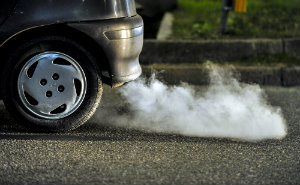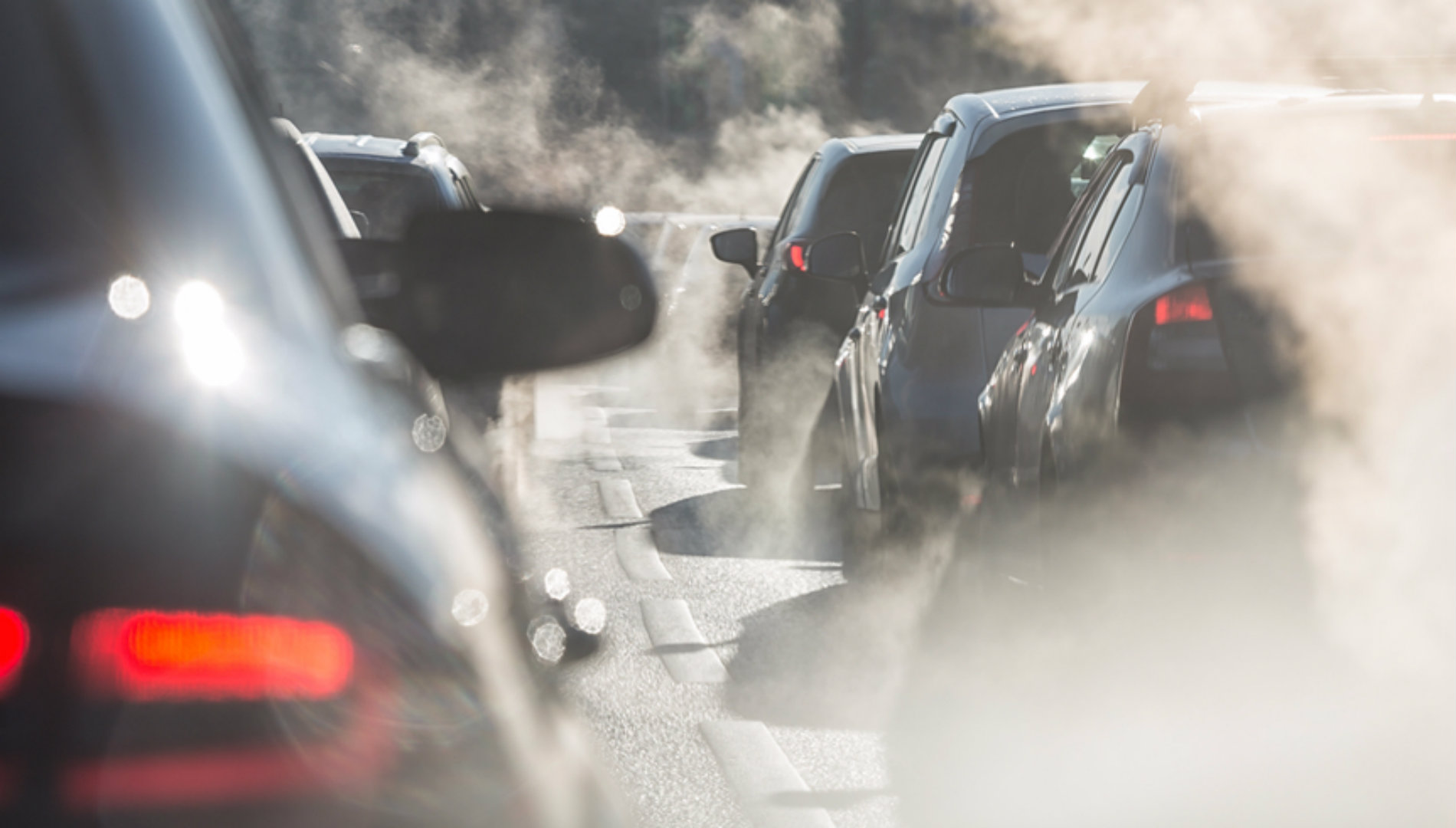With major plans of action being taken by the UK Government, it’s imperative we are contributing to the cause too, especially with the estimation being made that 40,000 deaths a year are down to air pollution.
So how can we make a stop to this or at least aim to reduce this figure? First things first, cutting out engine idling will help for a start. But wait what is engine idling and how do we stop it? Don’t worry, here at CarCliq we discuss what it is, but also why it’s so bad for the environment and what is being done to discourage it.
So how can we make a stop to this or at least aim to reduce this figure? First things first, cutting out engine idling will help for a start. But wait what is engine idling and how do we stop it? Don’t worry, here at CarCliq we discuss what it is, but also why it’s so bad for the environment and what is being done to discourage it.
 What is engine idling?
What is engine idling?This is an act where the driver leaves a vehicle’s engine running while it is stationary.
We appreciate the fact that this is the result of traffic, but with some occasions, such as waiting for children outside of schools or in long traffic pauses – idling is not necessary.
Why is engine idling so bad for the environment?
This is one way of increasing the number of exhaust fumes in the air.
With these fumes, it contains numerous harmful gasses. These include:
- Carbon dioxide – this contributes to climate change.
- Nitrogen dioxide
- Carbon monoxide
- Hydrocarbons – these are linked to asthma and other lung diseases.
What are the consequences of engine idling by law?
With the issues of engines not being switched off when parked – this is an offence as part of the Rule 123 of The Highway Code, it looks at “The Driver and the Environment”. In which this states that drivers must not leave a parked vehicle unattended with the engine running or leave a vehicle engine running unnecessarily while that vehicle is stationary on a public road.
In addition to this, local authorities have the power to issue £20 fixed penalties for emission offences and stationary idling under The Road Traffic (Vehicle Emissions) (Fixed Penalty) (England) Regulations 2002.
However, all of which can only be issued if the driver refuses to switch off the engine when asked to do so by an authorised person.
What current plans are in place to tackle the air quality problems in the UK?
The Government’s final air quality plan included the ban of the sale of new diesel and petrol vehicles by 2040 and Clean Air Zones, with each playing a significant role in aiding to solve the UK’s air pollution problems.
With the issues of engines not being switched off when parked – this is an offence as part of the Rule 123 of The Highway Code, it looks at “The Driver and the Environment”. In which this states that drivers must not leave a parked vehicle unattended with the engine running or leave a vehicle engine running unnecessarily while that vehicle is stationary on a public road.
In addition to this, local authorities have the power to issue £20 fixed penalties for emission offences and stationary idling under The Road Traffic (Vehicle Emissions) (Fixed Penalty) (England) Regulations 2002.
However, all of which can only be issued if the driver refuses to switch off the engine when asked to do so by an authorised person.
What current plans are in place to tackle the air quality problems in the UK?
The Government’s final air quality plan included the ban of the sale of new diesel and petrol vehicles by 2040 and Clean Air Zones, with each playing a significant role in aiding to solve the UK’s air pollution problems.

Whilst also the National Institute for Health and Care Excellence (NICE) has also made recommendations about improving road-traffic-related air pollution, by urging local authorities to consider “Clean Air Zones”.
As you know recently, London released an announcement that the Ultra-Low Emission Zone (ULEZ) will be implemented and extended further than planned to North Circular and South Circular roads in 2021. Whilst also Birmingham being the only city outside of the Capital to also proceed with similar efforts to reduce their existing air polluting levels.
To conclude, we advise the following:
As you know recently, London released an announcement that the Ultra-Low Emission Zone (ULEZ) will be implemented and extended further than planned to North Circular and South Circular roads in 2021. Whilst also Birmingham being the only city outside of the Capital to also proceed with similar efforts to reduce their existing air polluting levels.
To conclude, we advise the following:
- When you’re stuck in traffic, try to anticipate if whether you’re going to be stationary in traffic for a while. If you are, then we recommend turning your engine off.
- Nowadays, many cars have been designed to have a “stop-start” feature fitted, however, manufacturers do allow this feature to be switched off. We strongly urge you to reconsider your actions if you do want to turn it off.
For more CarCliq guides click here